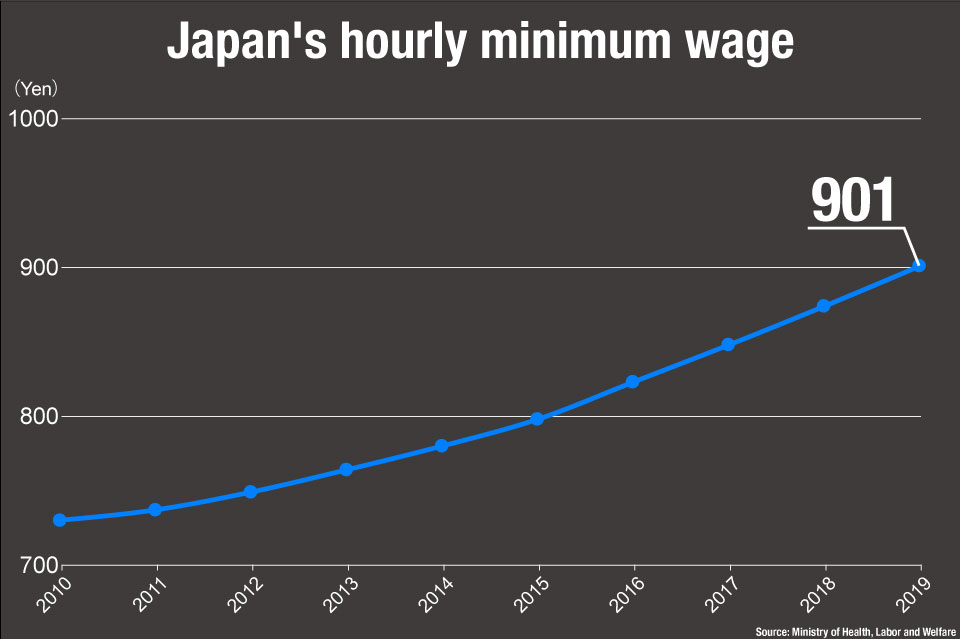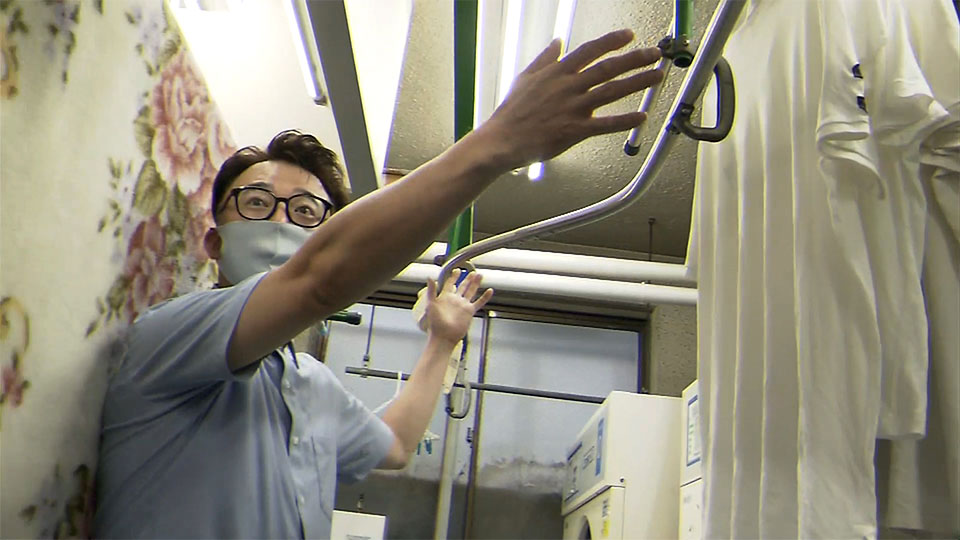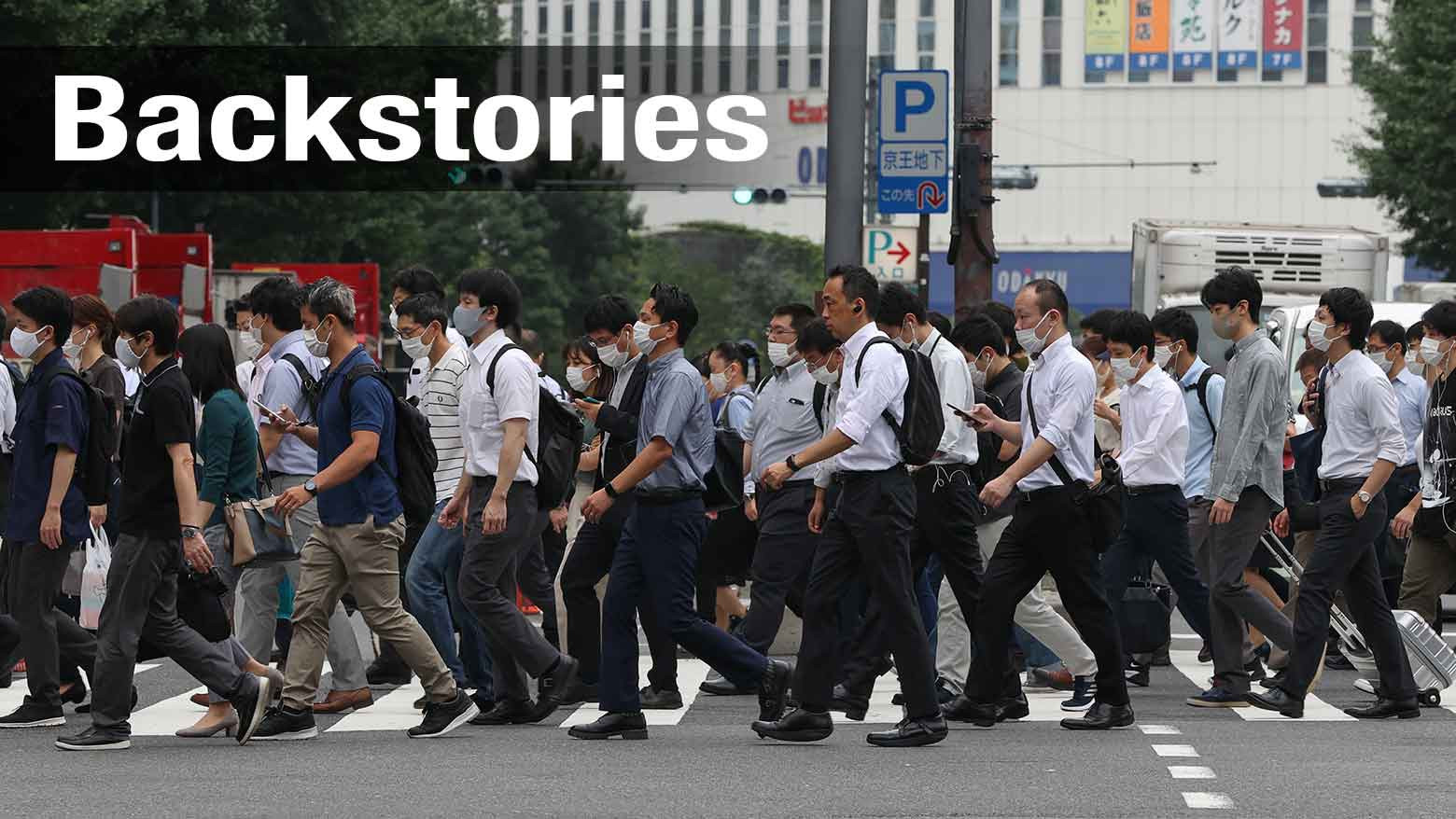The panel’s report says the benchmark for a hike in regional minimum hourly wages for 2020 has not been met, adding that “it is appropriate to maintain the current level.”
In Japan, each prefecture sets its own minimum wage, but usually bases the decision on the panel’s recommendations.
The government has been calling for a national average minimum wage of 1,000 yen per hour. Tokyo and Kanagawa Prefecture have both hit that mark already. The national average is 901 yen.

But this year’s discussions ran aground on the issue of the coronavirus and its impact on industries.
Labor unions wanted to see another wage increase to reward essential workers who are still going to work in the middle of a pandemic. The management side wanted a freeze on the minimum wage, citing the negative impact on small and medium-sized businesses.
Asanuma Genta employs 12 part-time workers at his dry cleaning company in Tokyo. His sales have fallen by half since March, when a large number of infections were reported.
He said if the minimum wage goes up under current circumstances, he would have to consider job cuts.

The ministry panel ultimately echoed those sentiments. It says smaller businesses are facing tough time and the priority should be keeping people in their jobs.
The last time Japan failed to increase the minimum wage was 2009, in the midst of an economic downturn triggered by the collapse of the Lehman Brothers the previous year.
Tomita Tamayo, executive director of the Japanese Trade Union Confederation, or Rengo, says the group was willing to compromise on a small wage increase to maintain the trend of wage hikes. She called the panel’s decision regrettable.
Mimura Akio, chairman of the Japan Chamber of Commerce and Industry, issued a statement praising the decision as correct given the unprecedented difficulties small businesses find themselves in. He said it sends a clear message that the government and the private sector are putting a priority on keeping businesses going and keeping people in their jobs.

